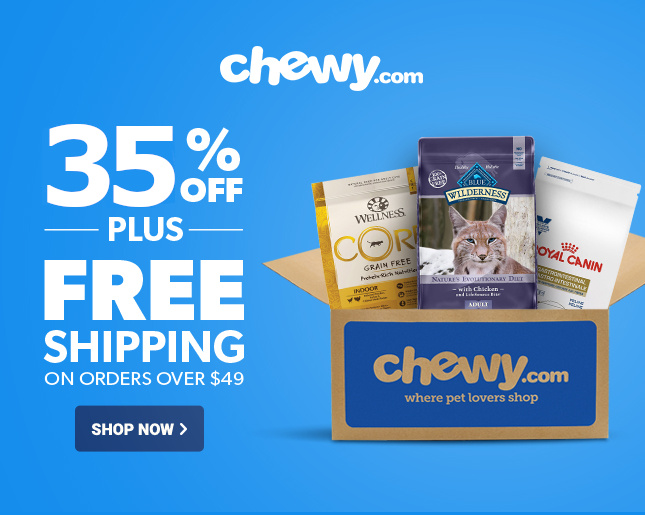
Your dog is more than a pet; your dog is family! Just like any other family member, you want to know that your dog is being fed the best food you can afford. But, there are dozens of dog food brands on the market today. Entire grocery store aisles are dedicated to providing you with a dizzying array of choices at a wide range of price points.
Are the cheap ones really that bad? Are the expensive ones really worth it? Kibble or canned? If you’re asking yourself these questions then you’ve come to the right place. DogFoodInsider.com has dog food ratings of all the major dog food brands. Our reviewers are experts on dog nutrition and are paid flat fees for their dog food ratings, so their reviews are objective and trustworthy.
Check out ALL of our dog food reviews and ratings here!
What Do You Want In Your Dog Food?
Ingredients are always listed in order of quantity by weight. Therefore, the top 5 ingredients on the ingredients list are the most important in determining the quality of the dog food.
Your dog needs lots of animal proteins, and meat should be among the first ingredients in any good dog food. There are generally three types of meat that can show up on an ingredients list, and that type denotes the quality of the meat in the dog food.
Whole or fresh meats are listed simply as the type of meat (i.e., chicken, beef, lamb) and are exactly what they sound like—cuts of fresh meat that are cooked and then processed with other ingredients into kibble. These are good quality meats for dog food, but generally dog foods with whole meats as the main ingredient will be fairly expensive.
Meat meal is made from a process called rendering. Rendering methods vary, but generally involves cooking down a protein source, driving away any excess moisture, and grinding the dried product into a powder. The powder that you are left with has all the protein and nutrients of the starting protein source.
Most dog foods contain meat meal, and that’s not a bad thing. Meat meal is dry, so it packs much more protein per ounce than whole meats, which are almost 70 percent water by weight.
The problem with meat meals is that manufacturers do not have to identify their protein source, even if it’s diseased or dying animals, or carcasses. Generically labeled meat meals (i.e., meat meal, animal meal, meat and bone meal) is a sign that there are things in the meal that the producers aren’t very proud of and that the dog food is low quality.
Species-specific ingredients such as chicken meal or lamb meal are more likely to be higher quality sources of protein. In the end, all you can do is make a judgment call about the trustworthiness of each food brand.
What Do You Want To Avoid In Dog Food?
Meat by-products should be avoided entirely. Meat by-products are essentially slaughterhouse waste—non-meat parts derived from slaughtered animals that are not fit for consumption. Ideally, you want a dog food without any meat by-products on the ingredient list, but make sure that there are definitely no meat by-products in the top 5.
All dog foods, including those with high dog food ratings, have some type of carbohydrate, but you want to avoid grains and other forms of carbohydrates in your top 5 ingredients. If it’s in the top 5, it is likely being used as a cheap filler ingredient, and not as a source of nutrition or satiating agent.
You should also avoid generically labeled fats such as animal fat, because generically labeled fats are usually cheap fats rendered from any available source. Look for chicken or poultry fat, which tends to be higher quality.
A good dog food should not contain any sugar or artificial sweeteners. Sugar provides no nutritional benefits and can lead to major health problems for your dog. Sugar comes in many forms and under many names, so be on the lookout for molasses, corn syrup, fructose, glucose, propylene glycol, and fruit juice concentrates.
What Can I find At DogFoodInsider.com?
Our dog food ratings are written by experts who evaluate each dog food with these factors and many more in mind. They also provide an overview of the company that manufactures the food and any food safety issues associated with the brand to help you make the most informed decision about what to feed your dogs.
